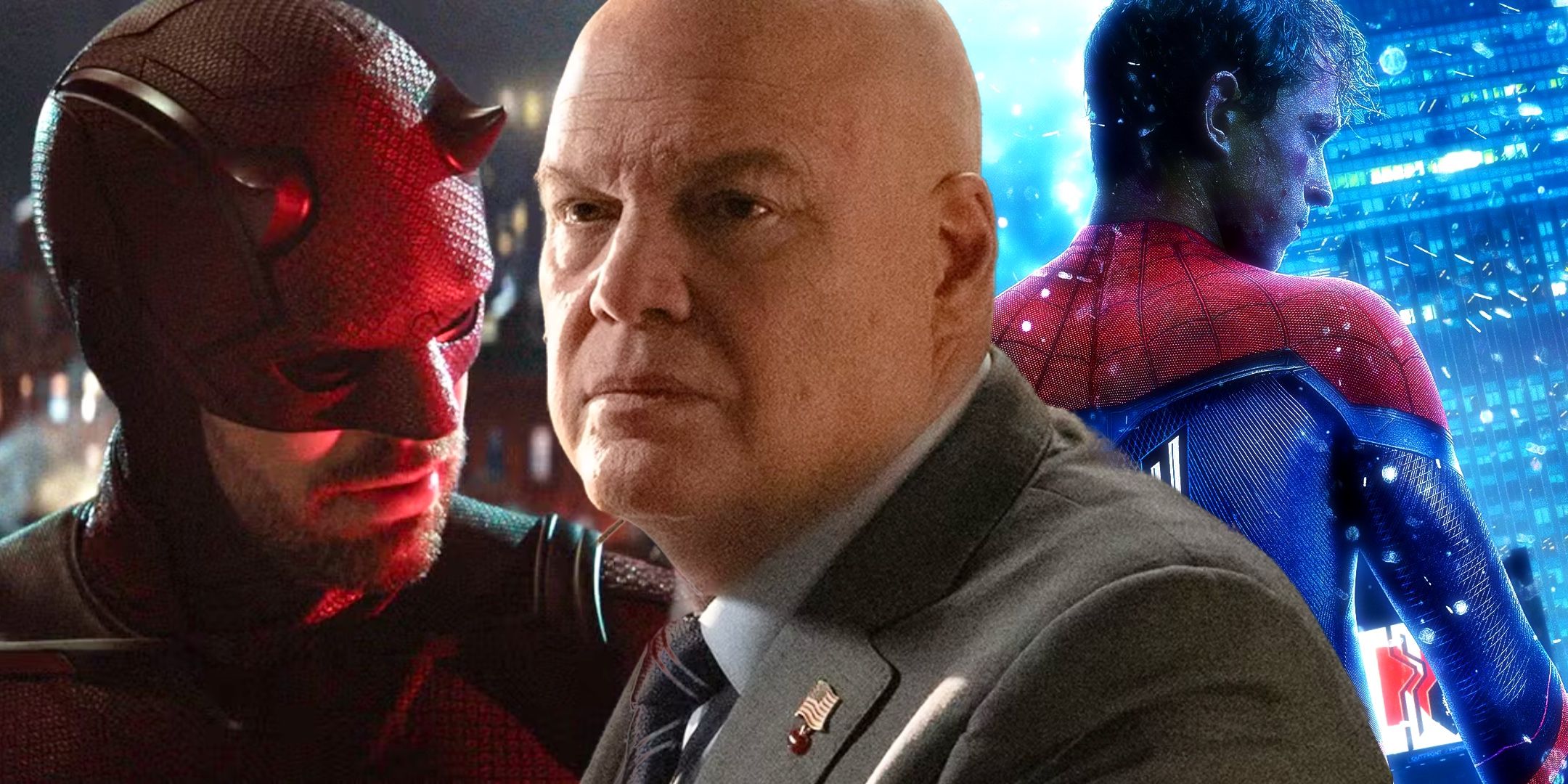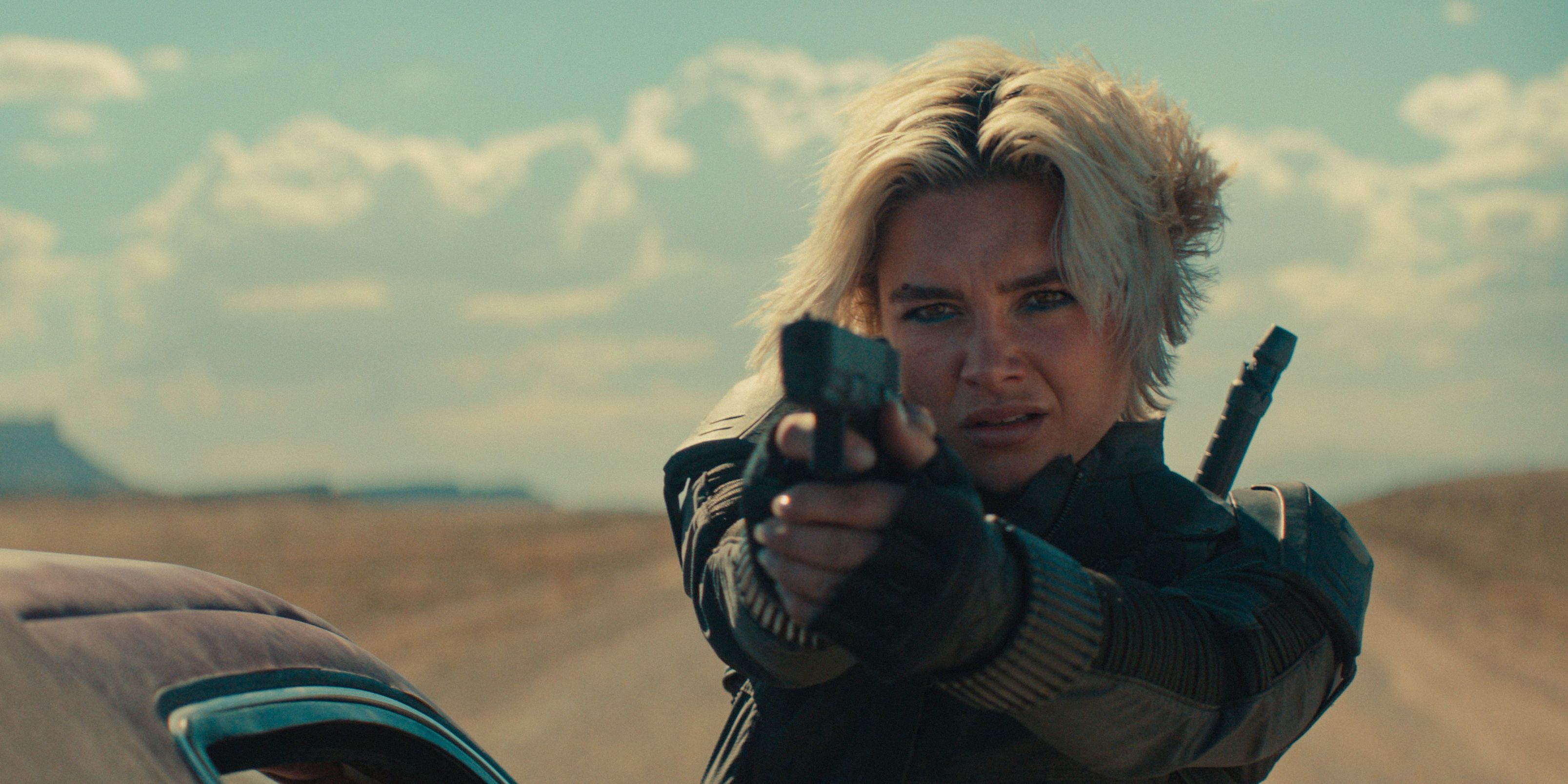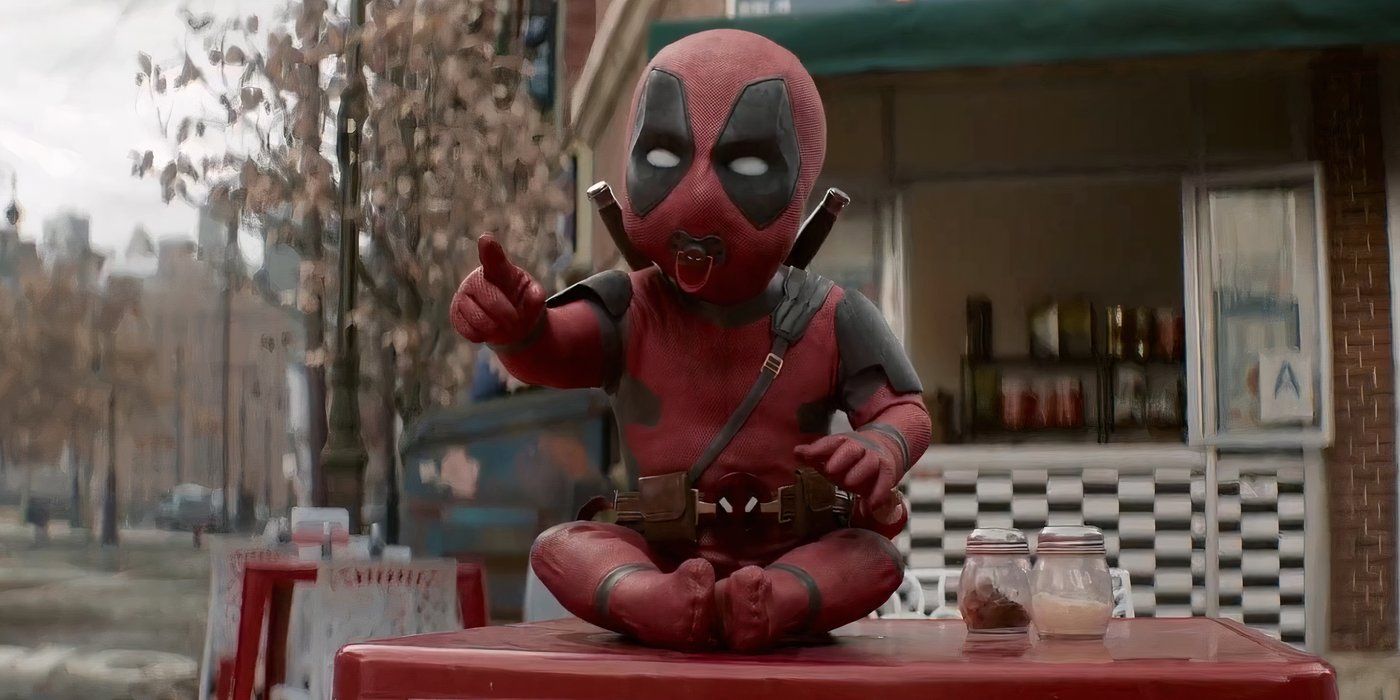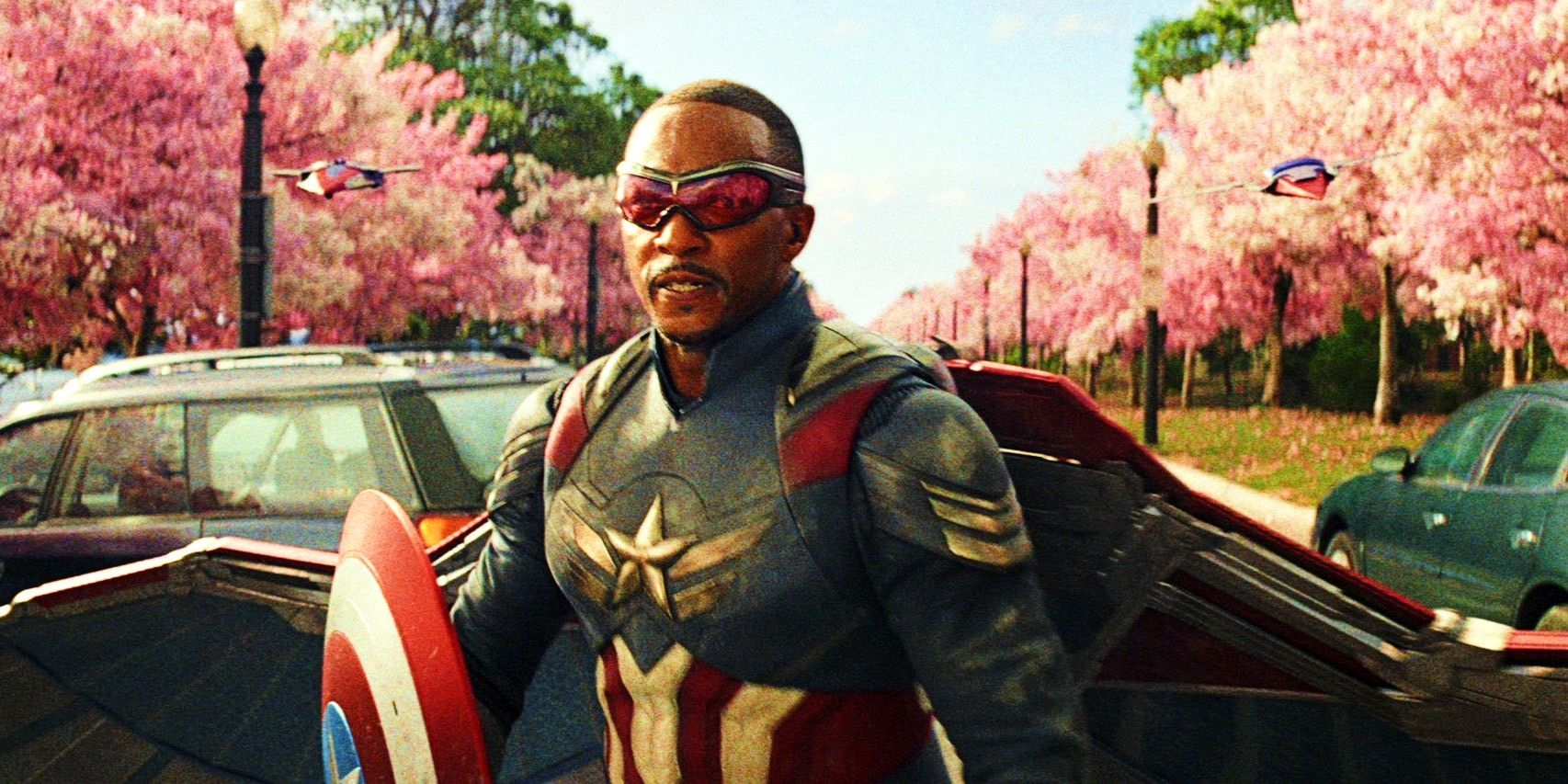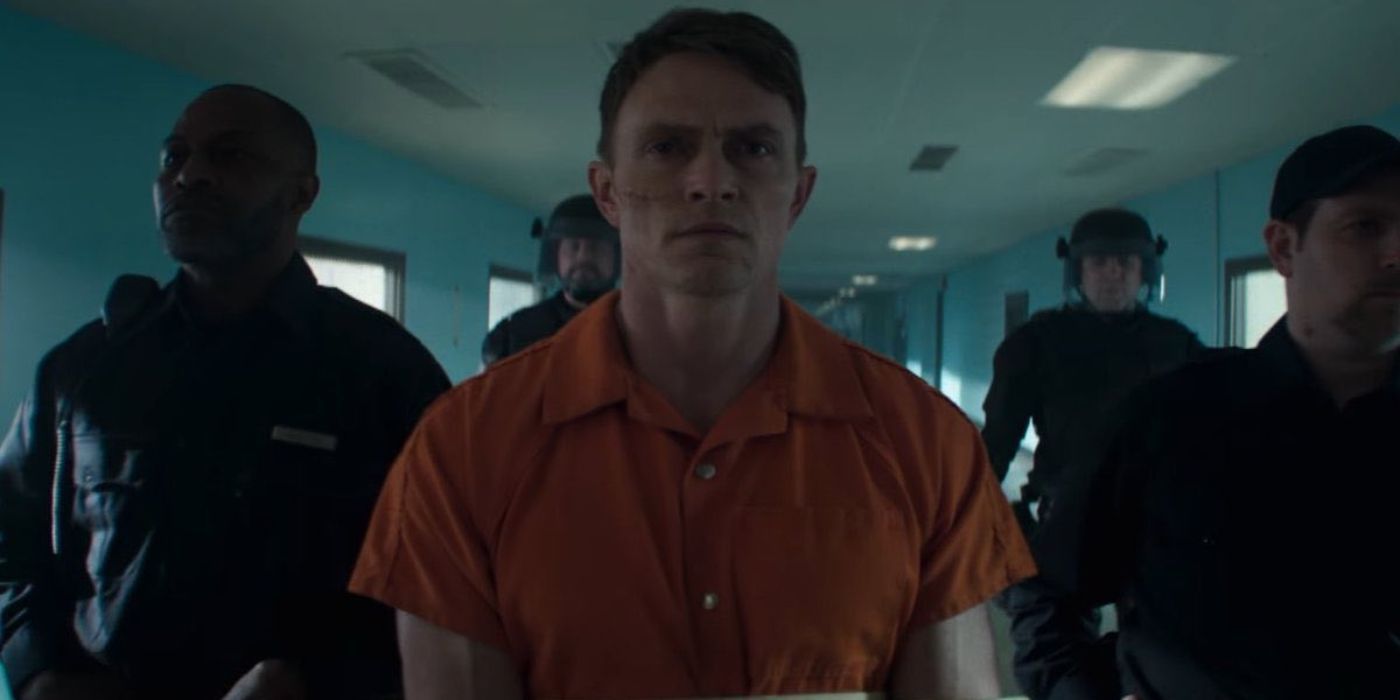Samuel L. Jackson Explains the Racism Nick Fury Faced In the MCU
Samuel L. Jackson addressed the racism Nick Fury has faced in the MCU amid the airing of his Disney+ series Secret Invasion.It may have taken a decade and 18 movies for Black Panther to come along and break the MCU"s streak of white male leads, but the franchise has recently taken increasing strides to explore themes of racial struggles.
The Falcon and the Winter Soldier dove headfirst into those ideas as Sam Wilson handled being passed the mantle of Captain America as a Black man.
The Black Panther movies certainly didn"t shy away from racial themes either, with inequality worldwide even being the driving force in Killmonger"s motivations.
Nick Fury"s History of Racism In The MCU
 MarvelNick Fury actor Samuel L. Jackson recently sat down with Variety to discuss his Disney+ MCU solo outing, Secret Invasion, and how it explores the racism the super spy has faced over the years.
MarvelNick Fury actor Samuel L. Jackson recently sat down with Variety to discuss his Disney+ MCU solo outing, Secret Invasion, and how it explores the racism the super spy has faced over the years.The MCU veteran pointed out how “we very seldom deal with Nick Fury in that way” of being a Black man who has been living in America for 75 years.
During a meeting with Don Cheadle"s Rhodey to discuss the Skrull threat, Fury made reference to their shared Black history and how "men who look like [them]" have to fight for positions of power:
“Men who look like us don’t get promoted because of who our daddies know. Every ounce of power that we wrestle from the vice grip of the mediocre Alexander Pierces who run this world was earned in blood. So let’s make the power mean something. Help a brother out.”The Nick Fury actor explained how he talked to the Secret Invasion writers about how, as a Black man, his significant power can "be diminished at any moment:"
“[What it"s like for Fury to have] that much power as a Black man, and how they can be diminished at any moment by someone else just saying a specific thing or changing the trajectory of one’s career path because of it.”Touching on Nick Fury and James Rhodes" mutual rise to power and how "Marvel"s not afraid to let [them] explore that:"
“Rhodey and Fury have risen to this place where we have a certain amount of power, even though we’re better than the people who have power, we still got to suppress ourselves in a specific way. And Marvel’s not afraid to let us explore that.”Fans caught another taste of Fury"s past as a Black man in America, mentioning how he and his mother "couldn’t go in the dining car” on the train from Alabama to Detroit, so they instead would bring their own food in a shoebox.
Director Ali Selim added how Jackson personally was "telling [them] a story" of Nick Fury"s past due to the connection he has to the character:
“It wasn’t on the page. It was him telling us a story. He’s very connected to Nick Fury in a way that no writer ever could be.”Jackson explained how Fury"s story of being segregated from the dining car and eating from a shoebox was one of his own, adding how they "used things that were real for [him]" to create his character"s backstory:
“I used to take the train every summer from Chattanooga, Tennessee to Washington, D.C. I couldn’t go in a dining car because it’s segregated. When they put me on the train, they gave me a shoebox with food in it, then I ate that food. We used things that were real for me as a person to give Nick Fury the kind of history that he has, to inform the story in a real way about, you know, how he wasn’t always this [powerful], or he does look at America in another kind of way.”Secret Invasion also explores some other similar themes through the Skrulls, with Fury calling out how "there is not enough room or tolerance" for the two to co-exist on Earth after learning they have been living on the planet for years:
“Humans can’t coexist with each other, Talos! There is not enough room or tolerance on this planet for another species!”The legendary actor compared the Skrull debacle to the real immigration and refugee crisis facing the planet as nobody knows "how people will react:"
“It’s the same problem we have right now. How do you let all those people cross the border, not to mention how people will react? I mean, they don’t like, brown [and] Black people. What do you think you’re gonna do with some green people?”The series" director Selim has a mixed upbringing of an Egyptian Arab father and a white Minnesotan mother, and as such, has "always [feels] a little bit other:"
“I’ve lived in the Arab world. I’ve lived in the Midwest. I always feel a little bit other. I think at the core of Nick Fury’s journey as a Black man in America, the more universal sense of that is a story about the other: the other that’s in himself, the other he feels in society.”The MCU Continues to Explore Racial ThemesNick Fury may now be a hard-nosed super spy, but as a Black man born in 1950s America, years before the Civil Rights movement of the "60s, he has lived through an evolving and growing society. He even began his career at a time it would have been rare to see a Black man in any government or military position of power.
Beyond adapting one of Marvel"s most famous comic events ever, learning details such as this may be what makes Secret Invasion so special. While Nick Fury has been a key player in the MCU, the Disney+ series offers his first leading role and therefore more time to explore his character and history on deeper levels.
Fans have yet to learn or see much of Nick Fury"s story at any point earlier than the "90-set Captain Marvel. Perhaps future episodes of Secret Invasion will dive further into his past through old friends and maybe even flashbacks.
The MCU has plenty more projects on the way with Black leads including Blade, Ironheart, Captain America: Brave New World, Armor Wars, the inevitable Black Panther 3, and one-third of this year"s The Marvels.
One can only wonder how these many upcoming projects - several of which have deep-seated political connections - will continue to explore these themes through the struggles faced by their leading heroes.
The first two episodes of Secret Invasion are streaming now on Disney+.
[圖擷取自網路,如有疑問請私訊]
|
本篇 |
不想錯過? 請追蹤FB專頁! |
| 喜歡這篇嗎?快分享吧! |
相關文章
SuperHeroKing








